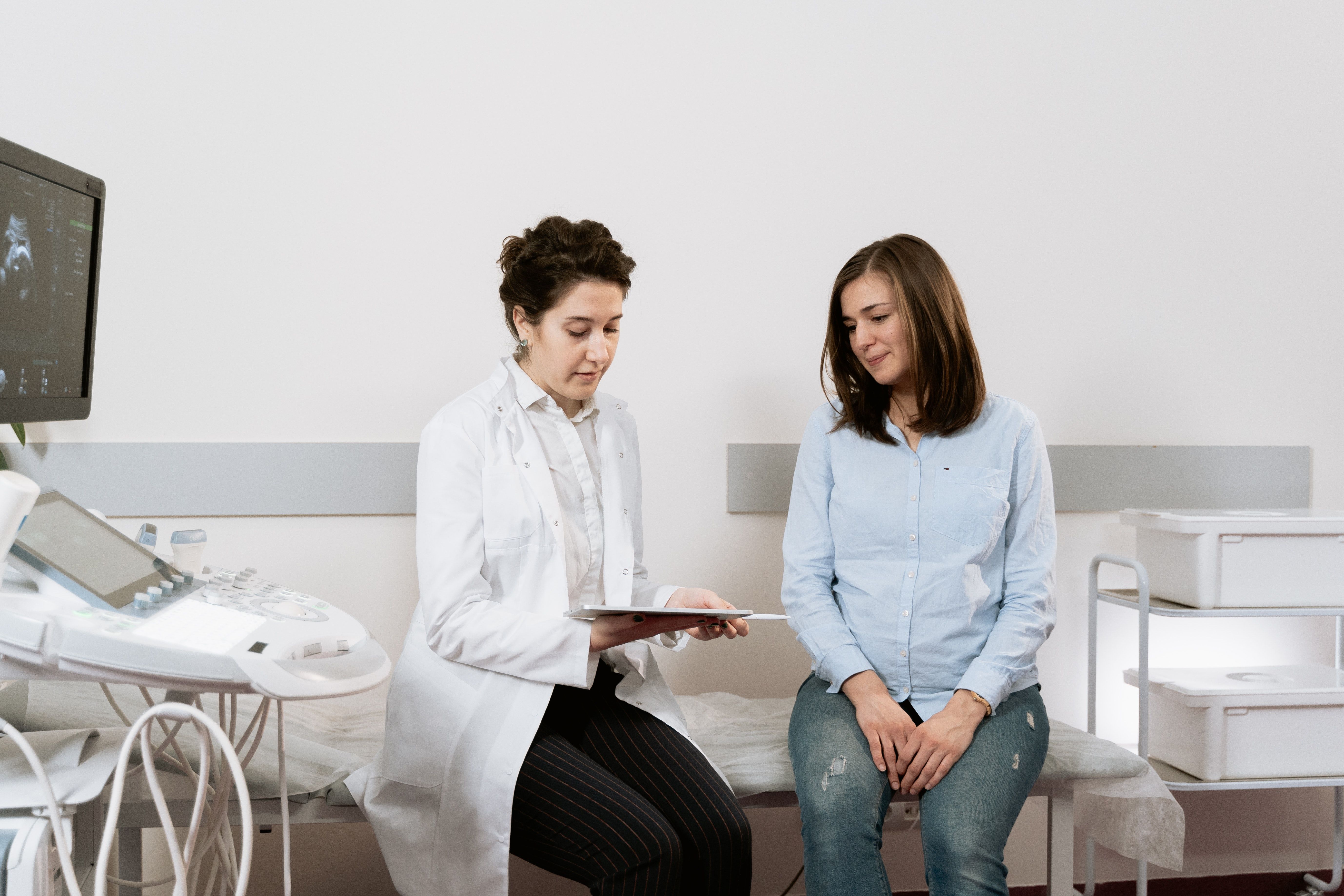Pregnant Mothers at an Increased Risk of Generalized Anxiety Disorder
There were several risk factors for generalized anxiety disorder including being a health care worker, having a chronic illness, and fear of contracting COVID-19.

Expecting mothers seeking perinatal care should be given particular focus on mental health services to reduce the risk of generalized anxiety disorder (GAD).
A team, led by Mesfin Esayas Lelisho, Department of Statistics, College of Natural and Computational Science, Mizan-Tepi University, identified the factors associated with generalized anxiety disorder among mothers attending perinatal services during the COVID-19 pandemic.
The Risk
Reducing the risk of generalized anxiety disorder in pregnant mothers could reduce pregnancy and birth-related issues. In addition, GAD mostly impacts women, particularly women of childbearing age.
“During the pandemic period, studies on mothers attending perinatal service revealed that mental health problems were on the rise in this population,” the authors wrote. “Furthermore, a mental health of mother's during the perinatal period is critical for avoiding preterm birth and complications during delivery.”
In the institution-based cross-sectional study, the investigators examined 423 mothers between July 10, 2020 and August 10, 2020 at the Kembata Tembaro zone in southern Ethiopia.
The investigators used the GAD-7 scale to assess the anxiety levels among the participants and identified the determinants of generalized anxiety disorder using an Ordered logit model.
In addition, they used a Brant test of the parallel line to check proportionality assumption.
The participants attended perinatal services during the pandemic. Of this group 40.4% (n = 171) had non-generalized anxiety disorder, compared to 20.1% (n = 85) with minimal generalized anxiety disorder and 7.8% (n = 33) had severe generalized anxiety disorder.
Risk Factors
After conducting a multivariable proportional odds model, the investigators found variables town residents [aPOR, 1.827; 95% CI, 1.233–2.708], having an alcohol habit [aPOR, 3.437; 95% CI, 1.397–8.454], having an occupation [aPOR, 0.509; 95% CI, 0.303–0.857], being a health care worker [aPOR, 0.117; 95% CI, 0.044–0.311], and having a chronic illness [aPOR, 7.685; 95% CI, 3.045–19.39] were significantly associated with generalized anxiety disorder.
Other risk factors for GAD included having family history of anxiety or mood disorders [aPOR, 7.839; 95% CI, 2.656–23.12], fear of contracting COVID-19 [aPOR, 1.704; 95% CI, 1.152–2.521], having moderate social support [aPOR, 0.648; 95% CI, 0.425–0.989], and having strong social support [aPOR, 0.495; 95% CI, 0.272–0.901].
“Current findings concluded that the prevalence of GAD among mothers attending perinatal service during COVID-19 was high,” the authors wrote. “The covariates like being town resident, lower-income status, occupation status, having a chronic illness, having a positive family history of anxiety or mood disorder, perceived social support, and fear of the COVID-19 were significantly associated with generalized anxiety disorder among mothers.”
The investigators said the study shows that expecting mothers who visit perinatal services should be given special consideration for improved health care services with a particular focus on mental health.
The study, “Generalized anxiety disorder among mothers attending perinatal services during COVID-19 pandemic: using ordinal logistic regression model,” was published online in Heliyon.